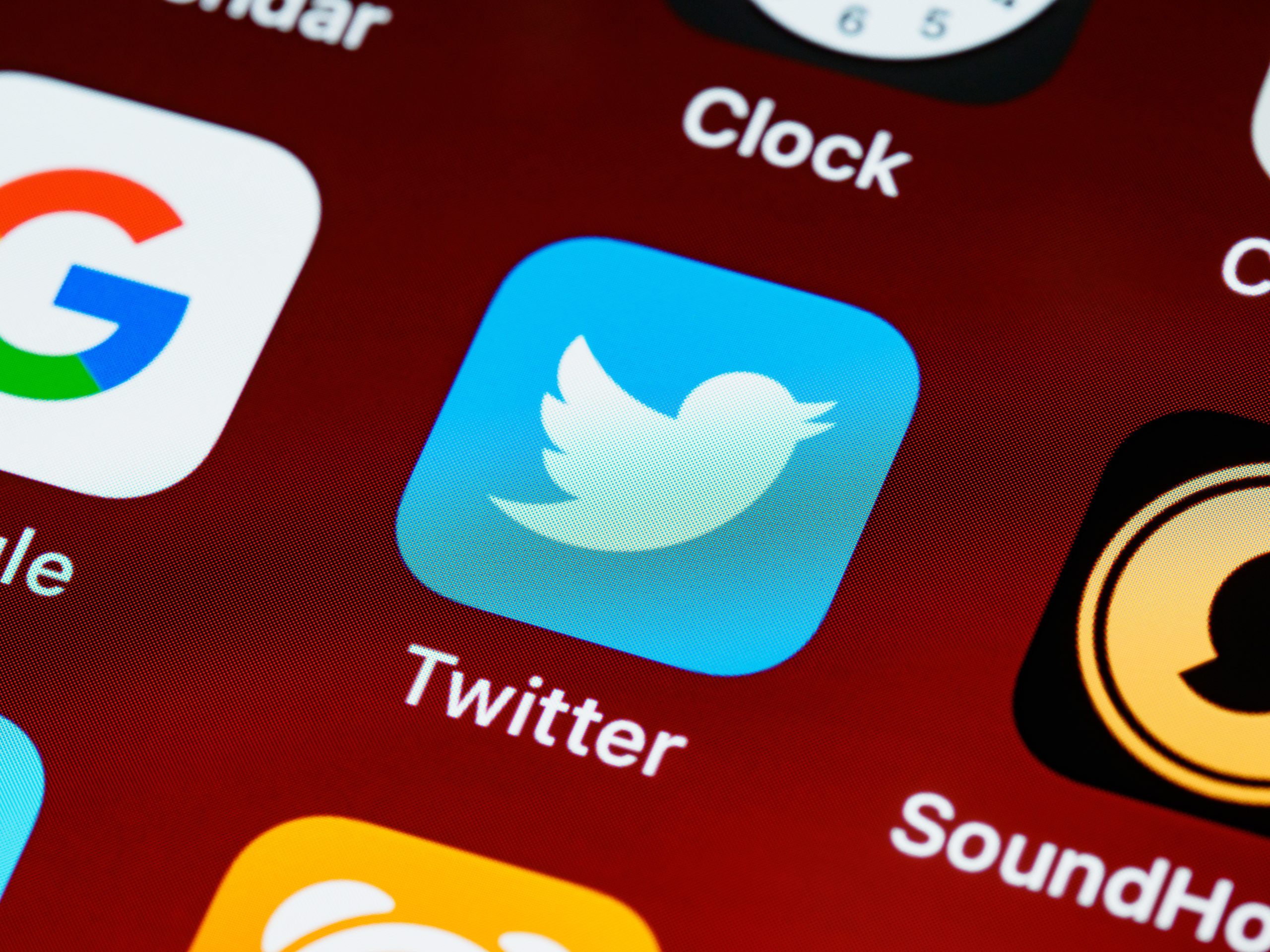4/12/2022
It is no secret that Elon Musk loves Twitter. The Tesla CEO is currently the 10th most followed person on the social media platform, and he often tweets up to 30 times a day, gaining thousands of likes, retweets, and comments from other users. Clearly, people are interested in what Musk has to say, and he certainly understands that power. Musk regularly posts memes that receive thousands of interactions, retweets songs that eventually go viral on streaming platforms like Soundcloud, and chats with his followers about design specifics for new technology. In fact, it seems that Elon Musk loves Twitter so much that he purchased $2.89 billion worth of shares in the social media company, a value that reached $3.7 billion as of Monday. This now means that Musk has a 9.2% passive stake in the company, making him the largest shareholder of Twitter. Musk was also recently appointed to its board of directors, a position that will undoubtedly give him at least some influence over the way that the social media platform is run.
The frightening aspect of this story is that Musk has also been known to use Twitter as a way to spread misinformation. During the pandemic, he repeatedly posted misleading information about COVID-19 and public health measures. Under the guise of technological expertise (which is completely different from medical and epidemiological knowledge), Musk offered his personal advice on how the U.S. needed to handle the pandemic. His infamous “FREE AMERiCA NOW” tweet in April of 2020, during the early days of the pandemic, was wholly irresponsible, regardless if it was meant as a meme or joke.
Thus, it is only fair that Musk’s history of irresponsible social media usage and utter lack of regard for the harmful effects of his sentiments and ideas are a cause of concern for many Twitter employees. Musk has already stated that as the company’s largest shareholder, he wants to push Twitter to adopt new policies for more “free speech.” In some contexts, the right to free speech is an important aspect of our ability to communicate freely and express our thoughts without fear of retaliation from the government. However, given Musk’s inclination to use Twitter like an Internet troll instead of in a manner befitting a highly influential tech CEO, it is likely that he wants Twitter to adopt more relaxed content regulation policies in order to continue posting anything that he wishes without consequence. This means more misinformation, more hate (in the form of transphobic memes), and more opportunities for the greater public to take to heart the words of an otherwise very irresponsible man. There have also been talks of Musk potentially lifting Twitter’s ban on former President Donald Trump’s account in order to continue to deliver on his promise of “free speech” on Twitter.
Elon Musk thinks that he is protecting free speech, but he is also showing us how easily definitions of free speech, and many other aspects of our lives, can be swayed by the whims of the extremely wealthy. It is clear that we are in dire need of more effective solutions for developing speech regulations that are not so vulnerable to the influence of people like Elon Musk, whose pattern of reckless behavior and ill-informed comments can only harm users. Because of his money and position, Musk now has major sway over a company with several million users, all of whom can never have the influence on Twitter that Musk has because of his money. This begs the question: should billionaires be able to have this much influence over companies? What are the dangers of allowing individuals to be major stakeholders in highly impactful companies such as Twitter? Should company policies be revised because of the whims of a tech oligarch whose definition of free speech may be very different from that of the company and the general public? To what extent do individual users have to control their own social media experiences, given that we now see how much things can be changed all because a very wealthy man loved Twitter a little too much.

